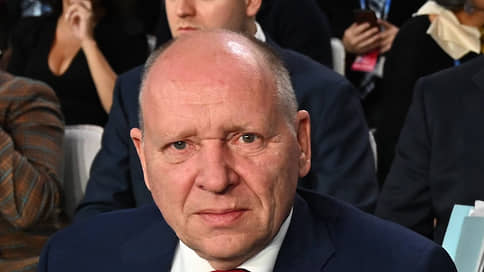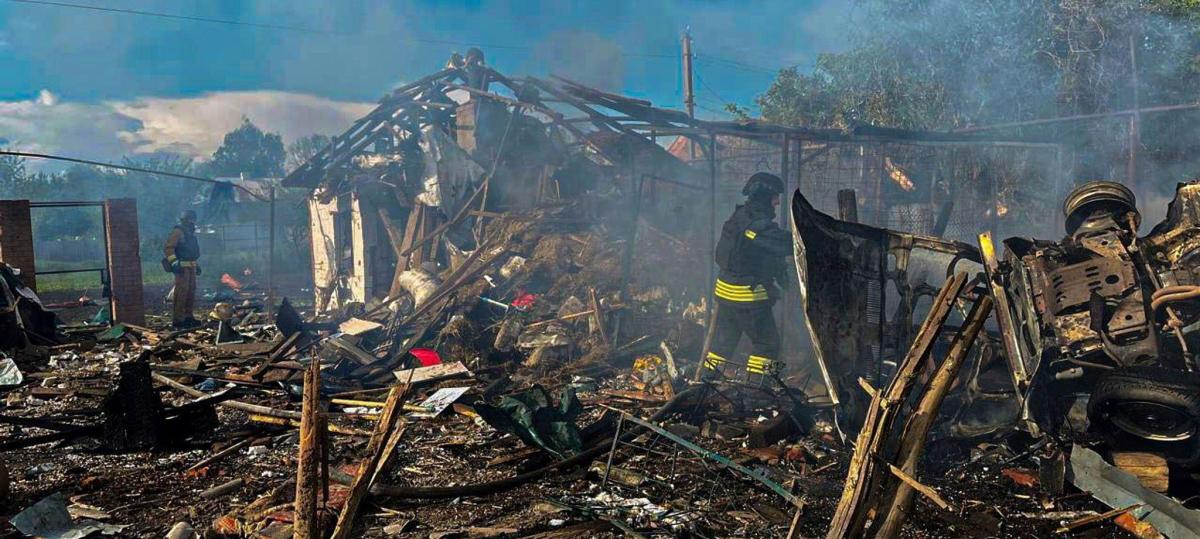What legal mechanisms are relevant for M&A transactions in Russia

The Russian mergers and acquisitions (M&A) has finally moved away from quick transactions for the exit of foreign investors, marking the adaptation of business to new economic realities. Lawyers who accompanied M&A transactions in 2022–2024 shared the observations with “Kommersant”, as the terms of the contract have changed during this time. Among the key trends are the choice of non -state institutions to resolve disputes, the predominant use of Russian law, more flexible pricing mechanisms and increased attention to protect the interests of the buyer.
Against the backdrop of the reduction in 2024 cases of the withdrawal of foreign investors from Russian assets (according to KEPT estimates, by half by 2023 and three times by 2022), the market was reoriented to internal transactions. Alumni Partners, one of the leading Russian lawyers accompanying M&A transactions, conducted an analysis of the contracts in which she participated on the side of the buyer or seller in 2022–2024. On the basis of these data and a survey of other “guide lawyers”, Kommersant has identified a number of significant changes in the conditions of agreements that have occurred over the past three years.
Prices, law and courts
So, Alumni Partners draws attention to the races in the duration of transactions: if in 2022 this period due to “turbulence” decreased to 4–4.5 months, then it began to return to pre -crisis values, amounting to 7-8 months in 2023–2024. This trend is confirmed by the Delcredere partner Denis Yurov, clarifying that fast transactions were characteristic of the urgent exit of foreigners from Russian assets. However, the partner of the corporate practice of Stonebridge Legal Dmitry Posin estimates the average duration of transactions by 2025 within six months.
With the stabilization of the Russian M&A market, approaches to pricing began to change. The fixed price of the contract is replaced by more flexible mechanisms to take into account the actual indicators at the time of the closing of the transaction. According to Alumni, in their practice in 2024, the number of transactions using the Complement Accounts and Locked Box « was 25% more than in total for 2022 and 2023. »
Completion Accounts – checking the reporting data by the buyer after joining the rights to shares (share) with a possible adjustment of the transaction price for the difference in the seller’s data and data obtained based on the results of the audit.
Locked Box – possible adjustment of the transaction price on the so -called. Leakage (reduction of the cache in the company due to its withdrawal after the reporting date for the seller or his subsidiaries), that is, the costs of the seller and targetet incurred from the reporting date and until the date of signing the transaction (closure).
KUPT partner Denis Surovtsev explains the reduction in the share of transactions with a fixed price « reducing the number of exits of foreign companies and a gradual increase in the professionalism of market participants. » According to the partner of Alrud Alexander Kleshchev, a fixed price remains characteristic of transactions for the “output of foreigners”, while for other (market) transactions “price adjustment is a fairly standard and common tool”.
In conditions of sanctioned pressure and reorientation of the economy, internal resources are intensified by the position of Russian law in the regulation of M&A-scales.
According to Alumni, more than 88% of the contracts made with the support of their team were subordinated to Russian law. The permission of the disputes of the parties to the transaction in 70.6% of cases trusted not state, but arbitration courts, of which they give preference to the Russian Arbitration Center (RAC) at the Russian Institute of Modern Arbitration. The partner of the corporate practice of Better Chance Artem Tamaev confirms that “in the vast majority of cases, the parties choose arbitration centers in Russia (RAC or MKAS under the CCI of the Russian Federation)” due to the confidentiality of the proceedings and the possibility of choosing arbitrators. Alexander Kleshchev points out that English law remains preferable for transactions with the participation of foreigners with the transfer of disputes « to neutral arbitration centers in Hong Kong or the UAE. »
Installment plan for the buyer, responsibility for the seller
Another group of changes in transactions concerns calculations between the parties and the mechanisms of compensation for damage. In 2024, letters of credit were increasingly used – according to Alumni Partners, in 58% of cases. The practice of installing payment also became more common: the number of transactions with such a condition in 2024 increased to 41% from 14% in 2022. The partner of the Corporate Practice M&A Alumni Partners Anton Panchenkov connects this with the stabilization of the turnover, as well as the « mandatory requirements for the installment plan in transactions with unfriendly foreigners approved by the right -handed committee. »
The use of the conditions for the ransom in the ransom in the transactions has practically disappeared – most of the consultants surveyed are evidenced. In cases accompanied by Alumni Partners, the option in 2022 was used in a little more than 3% of cases, and over the past two years in their transactions, such a condition has not been found at all. Lawyers again associate this situation with a decrease in transactions for the release of foreigners. According to the experience of Dmitry Poshan, now options are used in transactions to create joint ventures, since they allow the parties to leave the joint venture in case of insoluble disagreements.
5.11 trillion rubles
It amounted to the total amount of M&A transactions in the Russian market in 2024, according to the AK & M agency.
Curious changes occurred in conditions regarding the seller’s responsibility. So, according to Alumni’s experience, transactions that do not limit compensation with real damage are now more often found, but allow us to demand lost benefits – the amount of such agreements in 2022–2024 exceeded 40%. Mr. Panchenkov believes that the readiness of sellers to agree on the condition for compensation for missed benefit is related to the desire to quickly close the transaction and receive money, as well as with a general trend in the strengthening of the protection of the buyer.
Another indicator of the more enhanced protection of the buyer of the business can be considered a steady increase in the use of conditions about the penalty against the seller-from 18.54% in 2022 to 52.94% in 2024. At the same time, according to Alumni, the share of cases has significantly decreased when the liability with inaccuracy of assurances is limited only to the collection of losses (from 71.4% in 2022 to 23.5% in 2024) and, conversely, more often (in 76.5% of cases) the buyer is given the right to withdraw from the transaction (until it is closed). However, other consultants have not yet confirmed the wider distribution of conditions for the right to exit.
In general, according to Anton Panchenkov, the conditions of M&A transactions are shifted towards the greater protection of the buyer of the business.
The redistribution of the risks of responsibility, Alexander Kleshchev believes, may be due to the fact that in the event of a dispute, the courts have a higher standard for proper care to the buyer, charging him with knowledge of the company about the company from public sources and financial statements. In addition, Denis Surovtsev notes, the predominance of internal transactions now shows a « bevel towards the buyer market. » At the same time, a return to the elongated dates of transactions, according to Denis Yurov, “gives the parties more opportunities for discussing and coordinating conditions” and the final result will depend on who is better than a negotiation team. ”







